Leading Physician Well-being Certificate Program
Jump to a section: About LPW | Eligibility & Costs | FAQs | Curriculum | Faculty | Apply
With the guidance of strong family physician leaders, health system issues are solved faster, staff morale is higher and patient care is better. But it’s not easy to find effective physician leadership programs that address all the factors leading to physician burnout.
The AAFP’s Leading Physician Well-being (LPW) is a unique program that helps you develop leadership skills and create systemic change to improve well-being for you and other staff in your organization.
About the 2026 LPW program
You’ll build deep relationships with other physicians like you, have honest conversations about what's wrong and find ways to improve where you struggle most.
This 10-month series isn't intended to add work. Instead, it offers a community and curriculum that enhances your practice. You can expect to grow skills in three areas:
- Leadership development: Learn how to implement change management and performance improvement (PI) activities, and develop a change management plan to guide your organization’s work to improve physician well-being.
- Performance improvement: Gain hands-on experience by developing and implementing a PI-CME project in your organization that wraps one year after the LPW program concludes. This activity meets American Board of Family Medicine (ABFM) Performance Improvement Activities requirements.
- Physician well-being: Build expertise through education about the importance of well-being, how to measure it and best practices to achieve it. Develop a plan to raise awareness of its importance in your practice and organization.
The program is led by faculty with extensive experience in all three areas.
During the program, you'll gain:
- Peer-to-peer networking, guidance and support from your colleagues.
- Career development as a physician well-being leader and champion.
- An opportunity to complete a PI-CME project that directly impacts your organization and covers ABFM PI requirements.
At completion, you’ll earn:
Who is eligible for LPW?
The health of our specialty is critical, so this program is available to any family physician, even in training.
- AAFP active members or non-members who practice family medicine: you can apply immediately. Costs differ based on membership.
- Family medicine residents: you are eligible if you have the support of your residency program. You'll need a letter of support from your residency program director.
What is the cost to participate in LPW?
- $2,500 for AAFP members
- $3,000 for non-members
Find additional LPW information
Wondering about how it all works? Refer to the FAQs if you need more detail to make your decision. Want to talk with someone directly? Email us at lpw@aafp.org.
The LPW experience blends live and in-person large-group learning, small-group learning, self-reflection, peer-to-peer dialogues, and asynchronous and project-based learning opportunities. You gain access to AAFP leaders for mentoring, coaching and personal growth through professional networking.
Overview
- Leadership styles/definitions/theory
- Practical leadership skills — Personal, professional, and system-focused
- Leadership resources — Print, digital, enduring, and emerging
At the completion of the Leadership module, learners will be able to:
- Examine leadership development principles and strategies (personal, professional, and system-level).
- Learn practical leadership skills that build professional influence, foster leadership success, and catalyze personal and system-level transformation.
- Understand how leadership skills coupled with PI activities can accelerate well-being advocacy.
Overview
- Performance Improvement knowledge — definitions, PI tools, change management theory
- Applied Performance Improvement skills — application of tools and theory in professional and system settings.
- Performance Improvement resources — Print, digital, enduring, emerging
At the completion of the Performance Improvement module, learners will be able to:
- Use various tools used in Performance Improvement to perform root cause analysis, identify and implement potential solutions, and assess success of those solutions in personal and system levels.
- Apply tenets of change management strategies to implement sustainable system level well-being initiatives.
- Discuss the implications of well-being initiatives in terms of physician burnout, workplace morale, quality measures, financial benchmarks, patient care, and institutional values.
Overview
Well-being knowledge — Definitions, domains, and impact of burnout on multiple levels
Well-being skills — Personal, professional, and system-focused
Well-being resources — Applicable personally, in relationships, and as a leader of change
At the completion of the Well-being module, learners will be able to:
Describe the state of physician well-being and why well-being is important to health professionals and to health care organizations.
Discuss factors that contribute to burnout and strategies to improve well-being at the physician, care team, and health care organization levels.
Apply validated tools for measuring and improving well-being personally and in the participant’s organization.
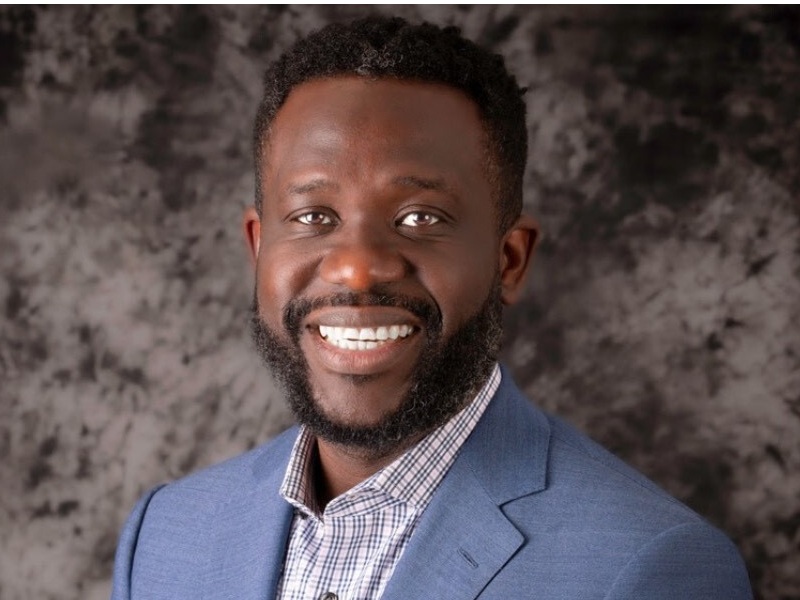
Olusola Adegoke, MD, MPH, FAAFP & LPW Alumnu
Dr. Olusola Adegoke, MD, is a board-certified family physician practicing in New Richmond, WI, dedicated to delivering comprehensive, patient-centered care to individuals and families at all life stages.
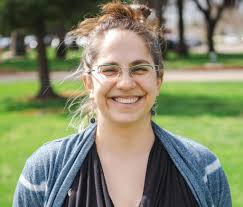
Lauren Brown Berchtold, MD & LPW Alumna
Dr. Brown-Berchtold serves as Program Director of the Family Medicine Residency at the Valley Consortium for Medical Education in Modesto, CA. She is a full-spectrum family physician and educator who champions patient-centered care, physician well-being and medical training in underserved communities.
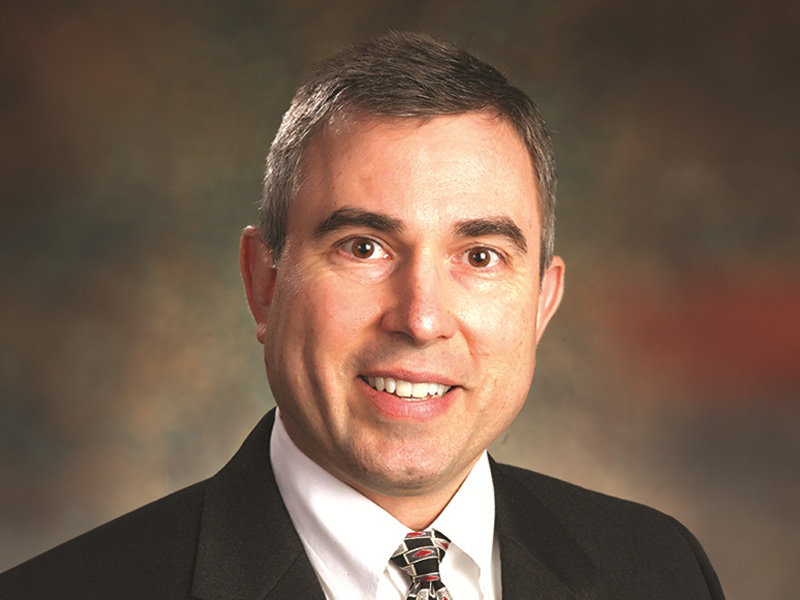
Mark Greenawald, MD, FAAFP
Dr. Greenawald serves as Professor and Vice Chair for Academic Affairs, Well-being, and Professional Development for the Carilion Clinic Department of Family and Community Medicine in Roanoke, VA.
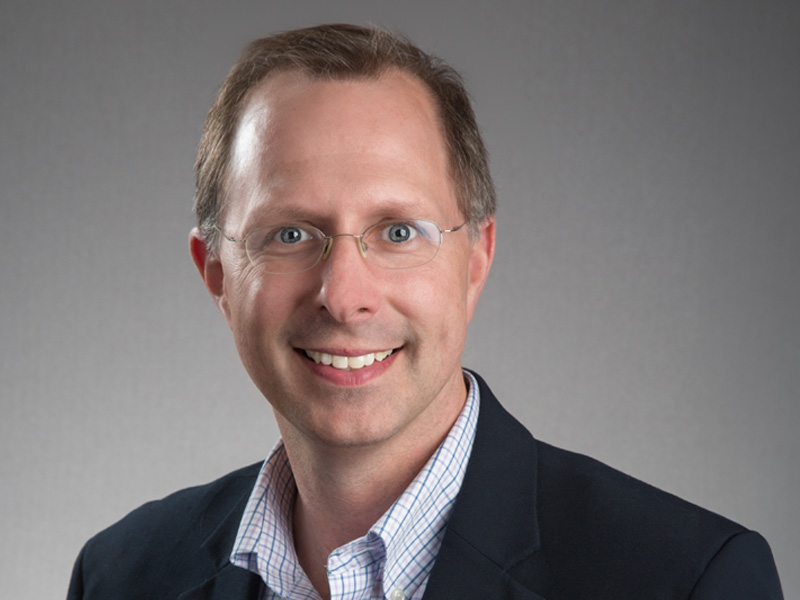
Jason Marker, MD, MPA, FAAFP
Dr. Marker is an Associate Director and Clinic Director at the Memorial Hospital Family Medicine Residency Program in South Bend, IN, and the General Chair of Leading Physician Well-being.
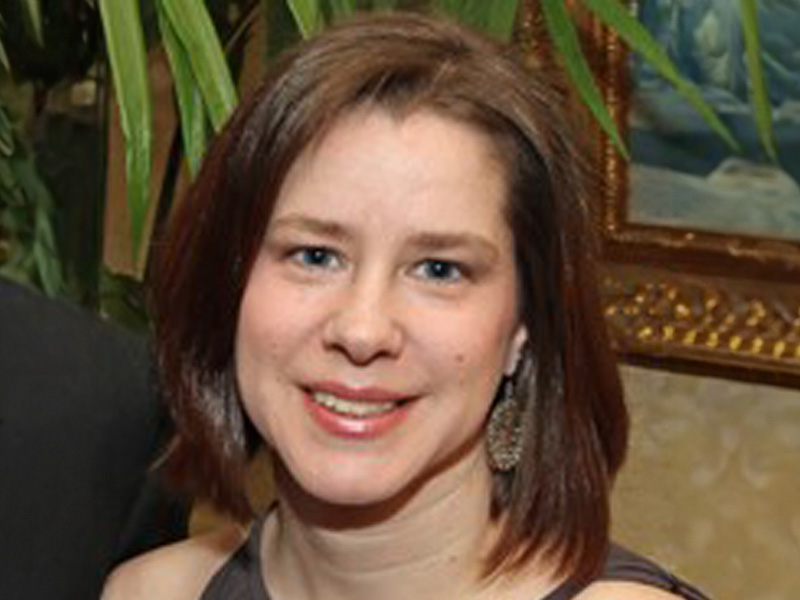
KrisEmily McCrory, MD, MS, Med Ed, FAAFP
Dr. McCrory practices full scope academic family medicine. She is the associate program director for Cheshire Medical Center-Dartmouth Health Family Medicine Residency Program in Keene, NH.
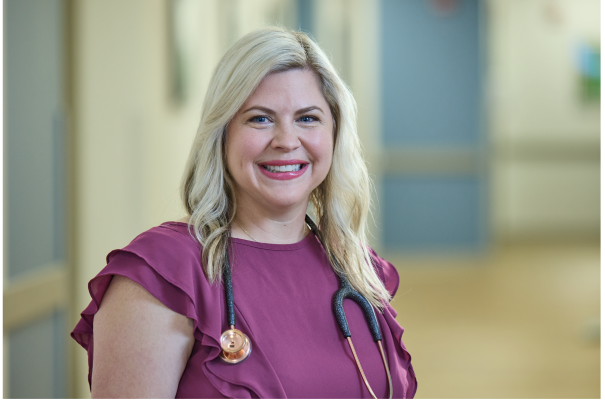
Michelle Owens-Kumar, DO, FAAFP, FAAHPM & LPW Alumna
Dr. Owens-Kumar serves as the Director of Integrated Professional Well-being and Lead Supportive & Palliative Care Physician working across the enterprise to advance clinician well-being, sustainability and professional fulfillment.